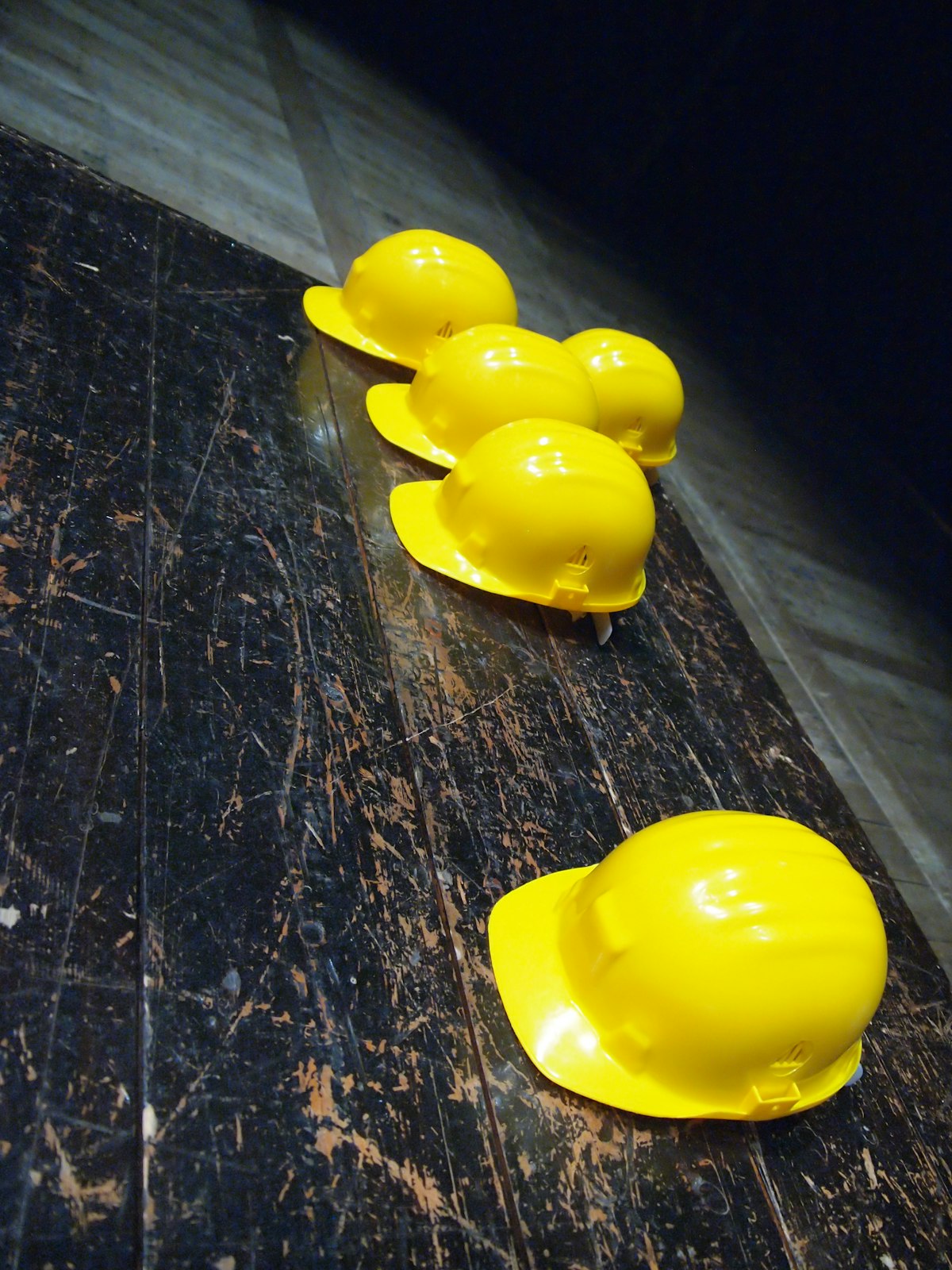Failure Engineers

I've been noticing how we're all wondrously capable of engineering our own failures. Intuitively, we tend to procrastinate, self-sabotage, and suffer in our imaginations, all to the detriment of our success. It's a hard thing to accept but dig deeper and you'll find a semblance of truth to this tendency.
Think of the last time you actually followed through on your goal (or even your intention); think of the book you wanted to write, or friend you wanted to catch up with, or place you wanted to go to; think of the times you feel you're on a plateau and what you're doing about it. Chances are you'll now agree with what I'm advocating here: We are wonderful failure engineers.
This (sort of) harks back to my post on goal-finishing, but it's deeper this time. Not only are we good beginners, poor finishers, we intuitively want to be poor finishers. And we do this because of one, and only one reason: stakes. When you were in school and absolutely had to get that final project in to score well in your class, you made sure you did it, one way or the other. As we grow older, though, we begin measuring stakes and doing things according to our perception of the stakes involved. We ask ourselves – Is it worthier to do X or Y? We then make decisions based on an intuitive, comparative analysis of the stakes involved for X and Y.
So what's the problem here?
The problem is that this 'stakes-comparison-analysis' fails for most things, except maybe one or two. So, we excel at work and maybe one more thing in life, but for all other things (say, learning a language, finishing a book, working on relationships, traveling), we fail spectacularly. It turns out that the difference in stakes for all such other things is so miniscule that we fail to recognize it. Simply, our instrument is not as sophisticated to measure what really matters for most other things, and so, we end up not doing most of them.
Again, if these "other" things don't really matter to me, why should I care?
Because how you do one thing is how you do everything. You see, behavior is infectious. If you don't follow through on one thing you say you will do, sooner (not later), you will begin not following through on your main thing: say, work. It will begin slowly, through one aspect of work, but it will happen surely.
And so, over a period of time, we increase our tendency and propensity to casually engineer our own failures in the little "other" things. Soon enough, this tendency percolates to our "main" thing... But by that time, it's too late.
"The only real limitation is the one you set for yourself." - Muhammad Ali
Maybe I'm being a stickler about a seemingly-minor thing here, but this seemingly-minor thing has the potential to cause catastrophic changes in our lives. Which is why, the insight here is to not subtly be a 'failure-engineer', but rather, to engineer success.
And engineering success happens through deliberate practice.
As you begin your end-of-year reflections, consider whether you intuitively engineerined your own failure in a particular thing. It could be as minor as possible, but the idea is to recognize the tendency.
Until next time,
Abhinav